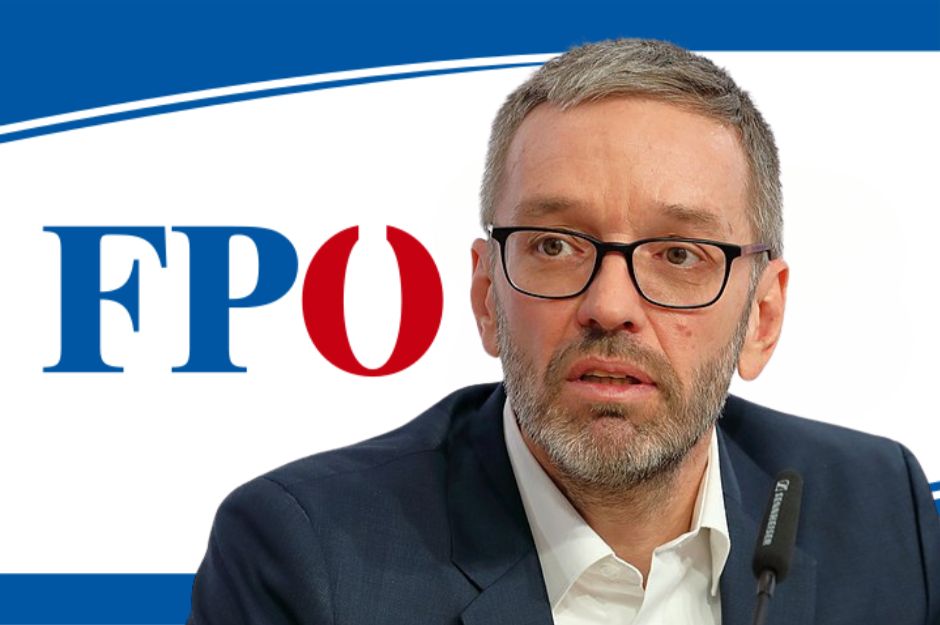On September 29 2024, the Austrian legislative elections caused a political earthquake when it became known that the Freedom Party of Austria (FPÖ) had achieved its best ever result of 29.2 % of the vote. A swing to the right But this outcome, the best ever achieved inside of the ruling government for at least four decades, showed a clear move toward right in Austrian politics as voters reject centrist mainstream figures increasingly dominated by candidates such as Andreas Babler.

The Rise of the FPÖ: Why Voters Chose a New Direction
The FPÖ’s victory reflects growing dissatisfaction with Austria’s traditional political elites, particularly the ruling Austrian People’s Party (ÖVP) and their coalition with the Greens, who saw significant losses. Austrians have been grappling with challenges such as rising immigration, economic stagnation, and the erosion of national identity. The FPÖ’s hardline stance on these issues, under the leadership of Herbert Kickl, resonated with voters who are fed up with the mainstream parties’ failure to deliver real solutions.
Immigration: A Key Issue
The FPÖ offers a firm immigration policy, attracting support from an ever more alienated Austrian public. This has been the divisive issue quietly gnawing away at national cohesion for decades. Above all, the Austrian people in rural areas have grown increasingly anxious regarding the cultural and social impacts of mass immigration from outside Europe. The FPÖ commitment to stricter border controls and promotion of Austrian values found strong resonance with disgruntled voters against traditional parties, especially the ÖVP and Greens, whom it regarded as lenient.
Economic Realism
Austrian voters are also frustrated over economic policies pursued by Karl Nehammer’s administration amidst a rising inflationary spiral and high cost of living. Many believe that the parties of the establishment have been more focused on appeasing globalist agendas and the EU rather than addressing day-to-day struggles of ordinary Austrians. This is where the frustration was captured by the FPÖ in support of lower taxes, increased investment in local industries, and an end to the Green policies that they see as detrimental to businesses and jobs.
Rejecting the Political Establishment
The election results also clearly show discontent with the political establishment: the Austrian People’s Party (ÖVP) that had been in power for years lost 19 seats in parliament falling from 37.5% to 26.4%, while the Social Democrats (SPÖ) record holders fell to their worst ever result with just 21% of the vote. It also suggests a more general renunciation of the centrist policies which have been neglecting the concerns of the Austrian public that are on the rise.

Graph by Der Standard
FPÖ’s Success: A Reflection of Europe’s Rightward Shift
The result in Austria forms part of the wider trend within Europe whereby right-wing parties now gain ground, as their nationalism and sovereignty message resonates with a citizenry rebelling against globalist policies. Success for the FPÖ, besides increasing popular support for similar movements in Italy, Hungary, and Poland, for example, shows that Europeans are increasingly demanding policies that safeguard national identity and prioritise the European people’s interests.
As the Freedom Party prepares to play the leading role in shaping Austria’s future, the rest of Europe will be holding its breath.
Looking Forward: What’s Next for Austria?
With the FPÖ’s victory, Austria is poised for a significant shift in policy direction. In that respect, the party has made it known that curtailing immigration and accelerating economic growth are some of their top priorities. This simply has set a mark in time, not only for Austria but for the future of Europe as a whole
However, The FPÖ has been wholly shunned as a possible coalition government partner by all the other major parties-despite winning. Both the centre-right Austrian People’s Party-ÖVP-and its centre-left counterpart, the Social Democratic Party, SPÖ, have rejected the FPÖ over its inflexible positions regarding immigration and national identity; they also harbor qualms about its far-right reputation. The Greens also shifted away, followed by the move of NEOS, on the ground of the FPÖ’s policies being too radical. Without them, this refusal of cooperation leaves Austria in a tricky political situation, since it will be hard to create a stable government without their participation and with the great election support they had.
all images were taken from Wikimedia Commons


